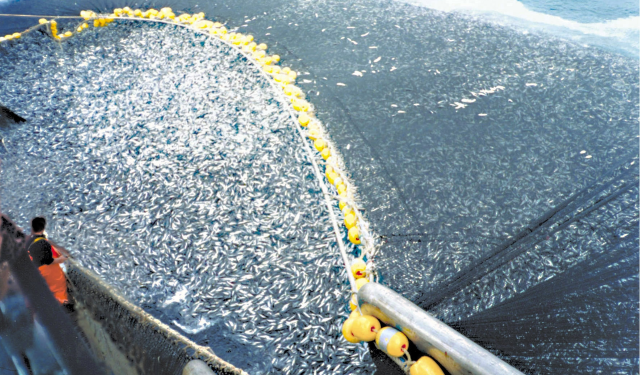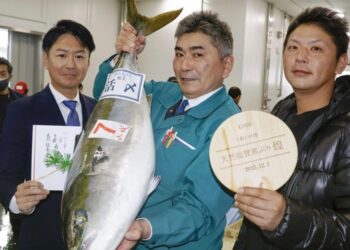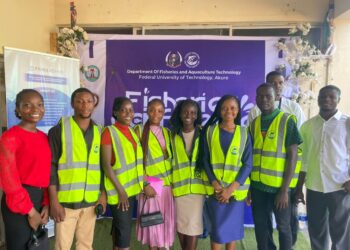The Devastating Human Impact of Overfishing in Gambia – Over the past decade, the coastal village of Sanyang in The Gambia has witnessed a rapid increase in fishing activities, resulting in dire consequences for its inhabitants. This surge in fishing not only threatens the livelihoods of the local community but also contributes to the depletion of marine resources, with the government failing to take appropriate action. Amnesty International‘s latest report on the country confirms the adverse human rights implications associated with the overexploitation of the marine life off the coast of Sanyang. This article delves into the multifaceted issues surrounding overfishing in Gambia, highlighting the economic, environmental, and social impacts it has on the local population.
The Importance of Fishing in The Gambia
Fishing plays a crucial role in the Gambian economy, accounting for 12% of the country’s gross national product in 2022. Moreover, it provides direct or indirect employment for approximately 300,000 people, which amounts to around 11% of the population. However, the fishing industry has undergone significant changes, with the industrialization of fishing practices in recent years. Traditional fishermen in Sanyang have witnessed the arrival of foreign vessels, facilitated by agreements signed between The Gambia and various countries, including the European Union and Senegal. Unfortunately, the transparency of these agreements is questionable, as some were signed without validation by the National Assembly. Furthermore, foreign boats engage in illegal fishing activities, operating without permits, using small-mesh nets, and encroaching upon prohibited areas.
Fishing for the Foreign Market
In 2018, the fishing industry in Sanyang faced the emergence of another player with the establishment of a fishmeal and fish oil factory. Similar factories have proliferated along the West African coast, not only in Gambia but also in countries like Mauritania and Senegal. The Nessim Fishing and Fish Processing Co Ltd (Nessim) factory in Sanyang purchases fish, primarily sardinella and bonga, from fishermen, many of whom come from Senegal using larger boats than those used by traditional Gambian fishermen. These fish are then processed into fishmeal for feeding farmed fish and livestock or converted into oil for food supplements. Every year, these three factories export thousands of tons of fishmeal to Asia, America, and Europe.
The Consequences of Overfishing
The overfishing conducted by all these actors, primarily catering to the foreign market, has a detrimental impact on the local economy and the livelihoods of the people of Sanyang. Traditional fishermen have to venture further out to sea to catch increasingly fewer fish. The passage of industrial boats, disregarding the laws prohibiting their approach to the coast, results in the destruction of the nets used by local fishermen. The scarcity of fish has caused the price of fish to soar, affecting the individuals engaged in fish drying and smoking. This inflationary trend also impacts restaurant owners who heavily rely on fish for their business. Furthermore, beyond the economic consequences, there is a risk of food insecurity as fish constitutes the primary source of animal protein for the residents of Sanyang.
Environmental Concerns
The residents of Sanyang are deeply concerned about the environmental repercussions stemming from the activities of those involved in overfishing. In 2018, the Gambia’s National Environment Agency temporarily closed down the Nessim factory for six months due to its lack of wastewater treatment mechanisms. Although the factory subsequently installed a discharge pipe into the sea, it faced two fines in 2020 for inadequate treatment of wastewater. Additionally, when Nessim rejects certain catches, boats exclusively associated with the factory dispose of the unfit fish into the sea, leading to the accumulation of dead fish on the beaches.
The Devastating Human Impact of Overfishing in Gambia








